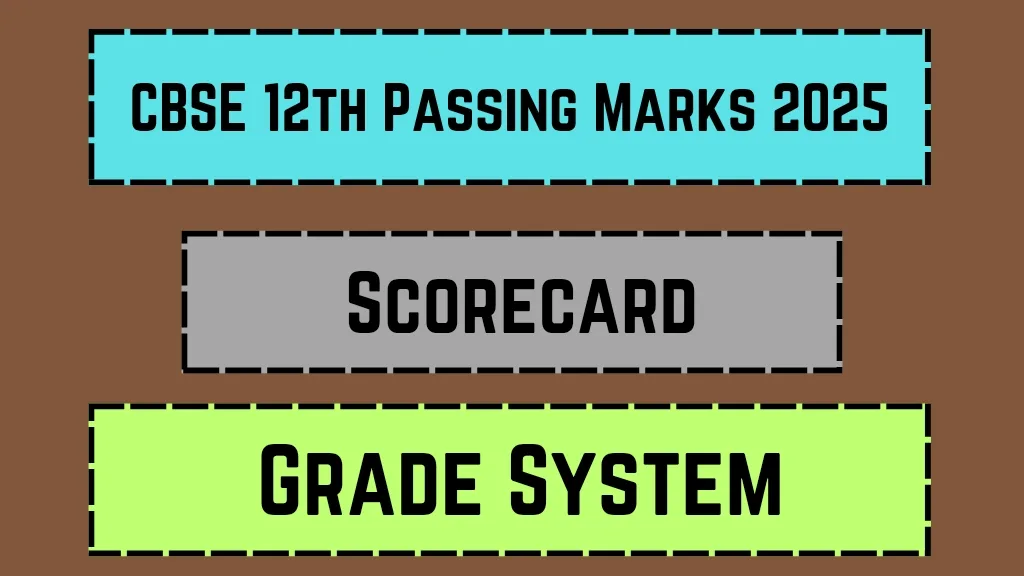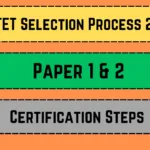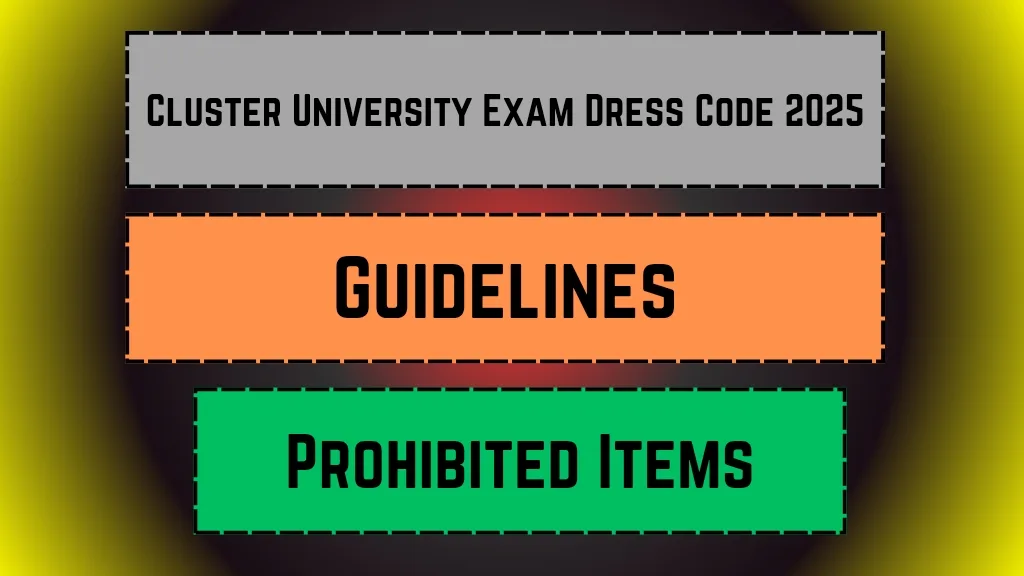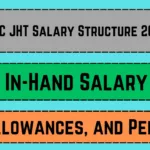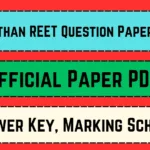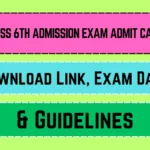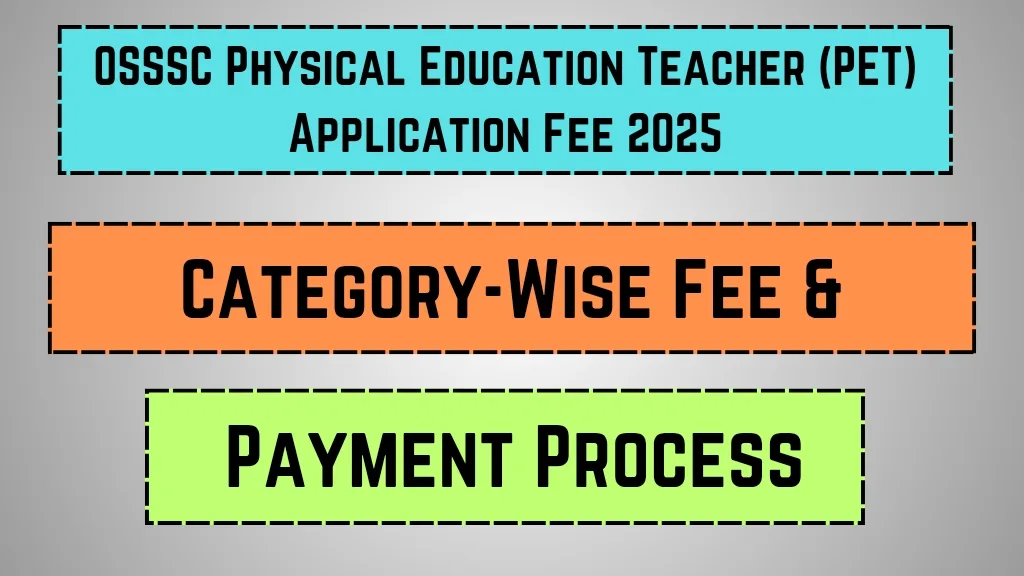Navigating the Central Board of Secondary Education (CBSE) Class 12 examinations can be daunting. Understanding the passing marks, scorecard intricacies, and the grading system is crucial for students aiming to excel. Let’s dive into the essentials of the CBSE 12th passing marks for 2025, the components of the scorecard, and how the grading system operates.
Key Highlights 📝
| Key Point | Details |
|---|---|
| Organization Name | Central Board of Secondary Education (CBSE) |
| Minimum Passing Marks | 33% in each subject |
| Theory Exam Passing Criteria | 33% separately |
| Practical Exam Passing Criteria | 33% separately |
| Grading Scale | 9-point scale (A1 to E) |
| Compartment Exam Eligibility | Failing in one subject |
| Number of Compartment Attempts | Up to three |
| Merit Certificates | Top 0.1% students in each subject |
| Official Website | cbse.gov.in |
Understanding the Passing Criteria 🎯
To successfully pass the CBSE Class 12 examinations, students must achieve:
- Theory Exams: At least 33% marks.
- Practical Exams: At least 33% marks.
- Overall Subject Score: A combined total of at least 33%.
For instance, if a subject has both theory and practical components, students need to secure 33% in each segment individually. This ensures a comprehensive understanding and proficiency in both theoretical knowledge and practical application.
The Grading System Explained 📊
CBSE employs a 9-point grading scale to evaluate student performance:
| Grade | Marks Range | Grade Point |
|---|---|---|
| A1 | 91-100 | 10.0 |
| A2 | 81-90 | 9.0 |
| B1 | 71-80 | 8.0 |
| B2 | 61-70 | 7.0 |
| C1 | 51-60 | 6.0 |
| C2 | 41-50 | 5.0 |
| D | 33-40 | 4.0 |
| E1 | 21-32 | Fail |
| E2 | 00-20 | Fail |
This grading system ensures a standardized assessment, allowing students to gauge their performance relative to their peers.
Scorecard Components 🗂️
A typical CBSE Class 12 scorecard includes:
- Subject-wise Marks: Detailed scores for each subject.
- Grades: Corresponding grades based on the 9-point scale.
- Result Status: Indication of pass, fail, or compartment status.
It’s important to note that CBSE does not provide an overall aggregate score or division. Instead, the focus is on individual subject performance.
Compartment Examinations: A Second Chance 🔄
Students who do not pass in one subject have the opportunity to appear for compartment examinations. Key details include:
- Eligibility: Failing in one subject.
- Attempts Allowed: Up to three.
- First Attempt: July/August of the same year.
- Second Attempt: March/April of the following year.
- Third Attempt: July/August of the following year.
If a student fails all three attempts, they must reappear for all subjects in the subsequent academic year. This system offers students multiple opportunities to clear their examinations without losing an entire academic year.
Merit Certificates: Recognizing Excellence 🏅
To encourage academic excellence, CBSE awards Merit Certificates to the top 0.1% of students in each subject, provided they meet the board’s passing criteria. This recognition serves as a testament to a student’s dedication and hard work.
Real-Life Example: A Student’s Journey 🎓
Consider Riya, a CBSE Class 12 student who scored 85% in her theory exams but only 30% in her practicals for Physics. Despite her high theory marks, she didn’t meet the 33% passing criteria for the practical component. However, she utilized the compartment exam opportunity, focused on improving her practical skills, and successfully cleared the subject in her second attempt. Riya’s experience underscores the importance of balancing both theory and practical components to achieve overall success.
Expert Insight: The Importance of Practical Exams 🧪
Dr. Anil Kumar, an education expert, emphasizes, “Practical examinations are designed to assess a student’s ability to apply theoretical knowledge. They are crucial in developing a holistic understanding of the subject.” This perspective highlights the significance of giving equal importance to both aspects of the curriculum.
Research-Backed Data: The Impact of Continuous Assessment 📈
Studies have shown that continuous assessment, including practical exams, enhances student learning outcomes. According to a report by the National Council of Educational Research and Training (NCERT), students engaged in regular practical assessments tend to perform better in theory exams as well. This correlation suggests that practical knowledge reinforces theoretical understanding.
Conclusion 🎯
Understanding the CBSE Class 12 passing marks, grading system, and scorecard components is essential for students aiming for academic success. By focusing on both theory and practical components, being aware of the grading criteria, and utilizing opportunities like compartment exams, students can navigate their academic journey more effectively. Remember, each component of the assessment is designed to provide a comprehensive evaluation of a student’s capabilities, preparing them for future endeavors.
Divya Patel is a career guidance writer specializing in exam results and admit cards. With a Master’s in Human Resources and 8+ years of experience, Divya loves helping students navigate their academic journeys. She enjoys practicing yoga.

